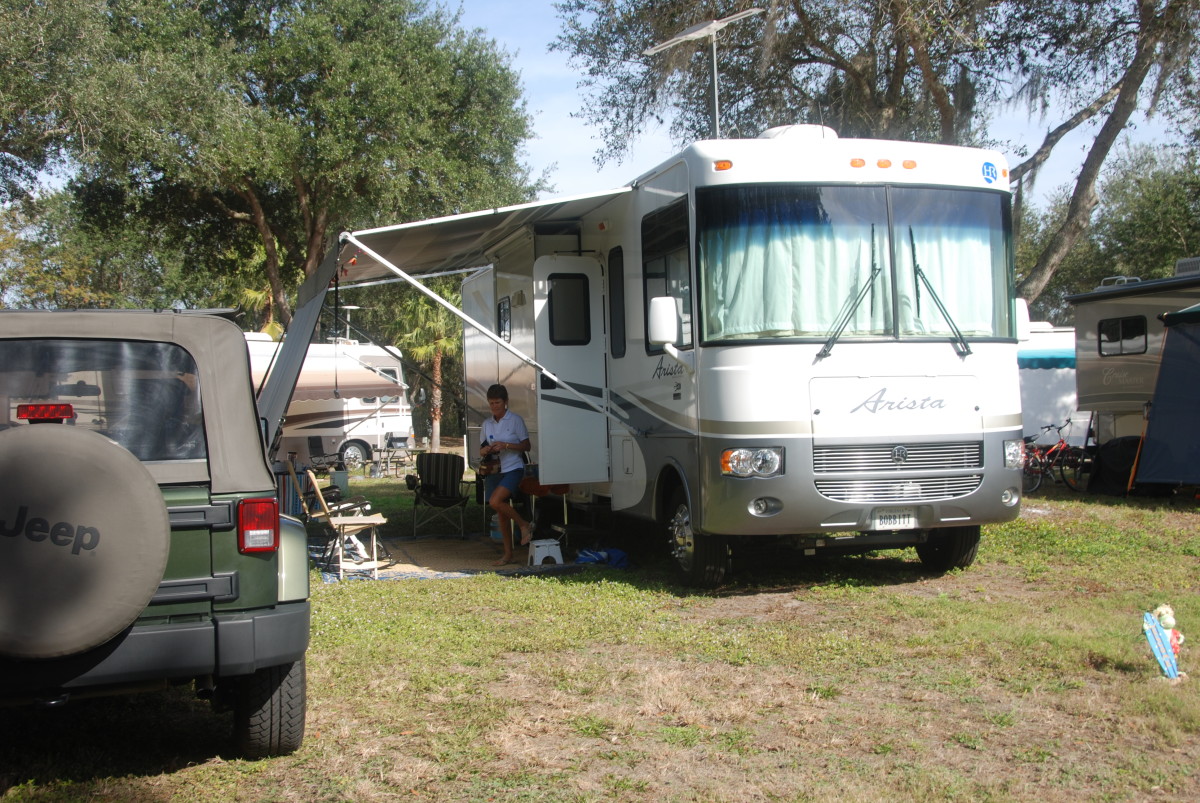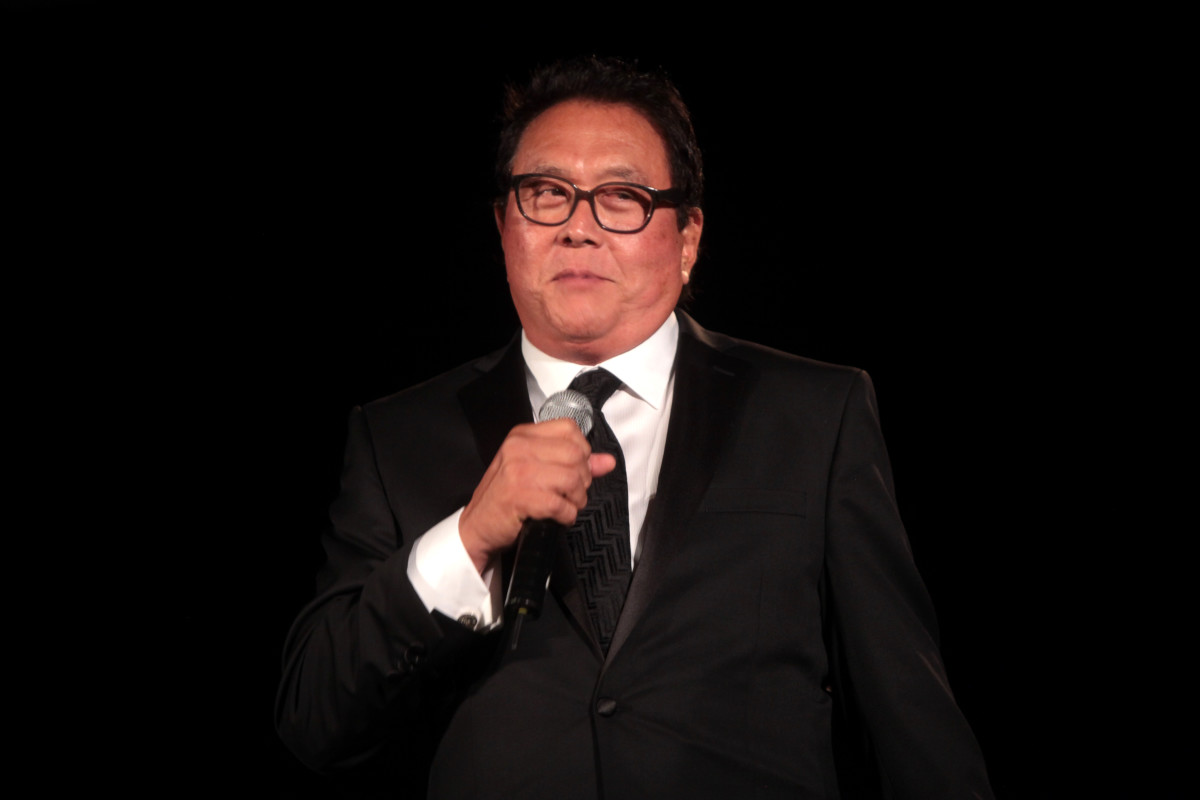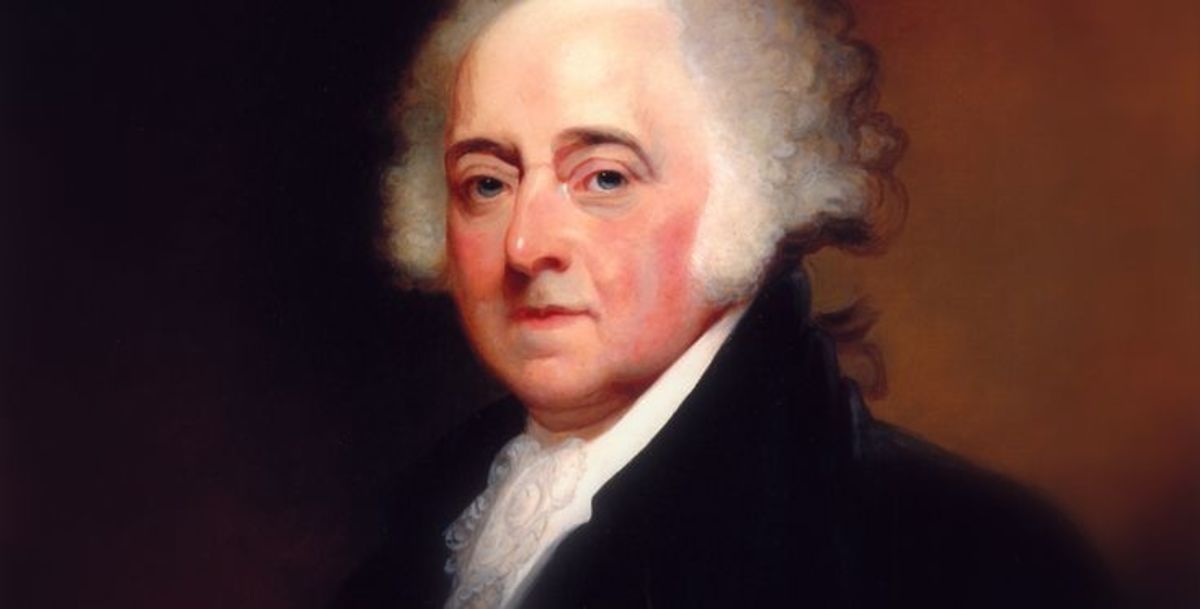Finance 101-Ten Lessons About Money
Abundance is like the ever flowing ocean

Early Lessons About Money
Anyone can learn to have a working knowledge of finances without a degree in business or economics. All it requires is an open mind, a willingness to understand, and steadfastness to practice what you learn.
My father was my first financial adviser. My siblings and I did chores, he paid our allowance and he told us to save our money. It was that simple. Except some of my brothers did not learn that lesson and therefore, did not have any money saved by the time they graduated. Dad called that instant gratification vs. delayed gratification.
Lesson #1: Invest in yourself by saving your money.
By the time I was eighteen I had saved enough money, through allowance and babysitting, to buy a ticket to California. It was spring break and my first travel experience outside of family road trips which, in my opinion, did not count for any real travel. Real travel was flying in an airplane. It was my first time on a plane and I was bitten by the travel bug.
My father also taught us to tithe. I was raised in a Catholic home where we were given miniature money envelopes just like the adults. We were expected to give up some of our allowance each week for the collection of gifts. I recall once complaining to my father about how it wasn’t leaving me enough for what I wanted to buy for myself. That brought a lecture about overhead costs, giving to the poor, and the blessings of God.
Lesson #2: Invest in the Lord and you shall be blessed tenfold.
By the time I graduated I wasn’t afraid to earn my living, was eager to be on my own, and worked for the city of Utica, Michigan in my first ‘real’ job. I wasn’t just paid cash by the parents of the children I babysat for; no, I was receiving an honest to goodness paycheck. It was all of $1.65 in those days. Regardless, I was excited to see the numbers printed across the top of the check. It was mine and it was valued because I had worked for it.
Lesson #3: Take pride in what you do no matter how menial or how meager the pay.
Financial Lessons Later in Life
Flash forward to adulthood and the lessons have continued. My teachers have changed through the years and include The School of Hard Knocks; books about the laws of attraction and money management; television financial gurus such as Suze Orman; and community education classes about financial planning.
In other words, in the course of growing up I made financial mistakes, created debt, created wealth, continued learning and applying the financial lessons. Some of the life lessons have been temporary roadblocks. Others have been a real boon to learning the value of money.
Lesson #4: Money has energy and is a commodity that is to be valued in its own place.
Lesson #5: Money has an emotional charge that will haunt you if you allow it to.
Lesson #6: Make your money work for you.
One of the most interesting classes I took was through a unity church I attended while living in Michigan. It helped open my awareness to what money meant to me-it’s emotional content and my belief system about it. It explored early impressions within the family structure and my relationship between money and my value or self worth.
Have you ever inquired about what thoughts you may hold about money? Early childhood imprints are powerful and lasting. Some of the beliefs I discovered I was left with include:
Blessed is the poor; God loves the poor.
Wealth=greed; greed is a sin.
Be grateful for what you have, (don’t ask for more, including a raise).
Be grateful for what you get, (settle for what is offered, don’t negotiate your wage).
There is never enough; I am not enough.
I cannot create my own wealth; my world is a world of lack, not abundance.
An important part of financial freedom is learning what beliefs anchor you to something that is no longer fitting or beneficial. An archaic belief system will hold you back and not allow you to prosper.
Another turning point in my life was when I read the book: How to get out of debt, stay out of debt, and live prosperously by Jerrold Mundis. It was not only life changing for me, again challenging my old thinking process; but, it was beneficial for several of the friends I had who were also in debt. The lessons learned from this book have stayed with me to this day.
Important Financial Strategies
What I know now is that money is flexible and cannot be in control of me. Rather, I control the money I earn. Along with this realization is the knowledge that I create my relationship with money through what I value-and it isn’t ‘things’ that matter in life.
Lesson #7: My pay will be equal to what I believe I deserve and am worth.
Lesson #8: Don’t buy on credit what you can’t pay off within the month.
Lesson #9: The older we are the harder it is to ‘start over’ again.
Lesson#10: Wise money management allows one to plan for the future without fear.
Each year I plan my goals in the areas that I feel will be beneficial to me. One of these areas is financial. Although the goals themselves may be modified at times, they are basically the same two every year: for fiscal health and well-being; and for financial freedom.
We each have our own ideas about financial freedom and the lifestyle which is important to us. No one has the right to judge what we value when it comes to our finances. However, it is important, necessary and a sign of real maturity to account for our money and use it in responsible ways. It is to each of our benefits, therefore, to learn all we can about finances.
Becoming Informed
We become informed through books that increase our understanding about the subject of finances. We can also learn about investments through classes, either online or in a classroom. In addition, there are countless television programs or DVD’s that have tutorials for our education. Be smart; stay alert to how your money works for you, but also, be brave; examine what your relationship is to money and what your beliefs and childhood messages are. It is often the covert agenda buried deep within our consciousness that repels us from our greatest good. While affirmations will not resolve these issues, they can work in mysterious ways to connect us with a source that opens us to more than what our minds are capable of imagining for us. Here are a few that may begin this process for you. Say them aloud several times a day and note any changes that may occur in your life. Keep a journal of the gifts and changes that occur.
I am abundantly provided for.
All of my needs are lovingly met.
I create for myself a world of abundance.
I am open to receiving all of God’s blessings.
I am open to receiving all that God offers.
I am worthy to receive all of the abundance that God bestows upon me.
May you prosper in the New Year with wisdom and gifts of peace, love, joy and charity.








